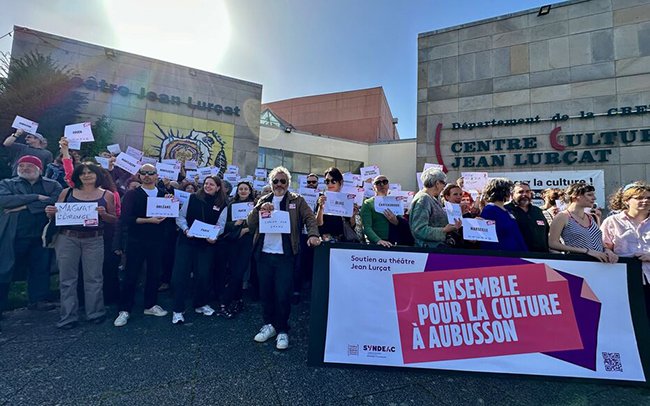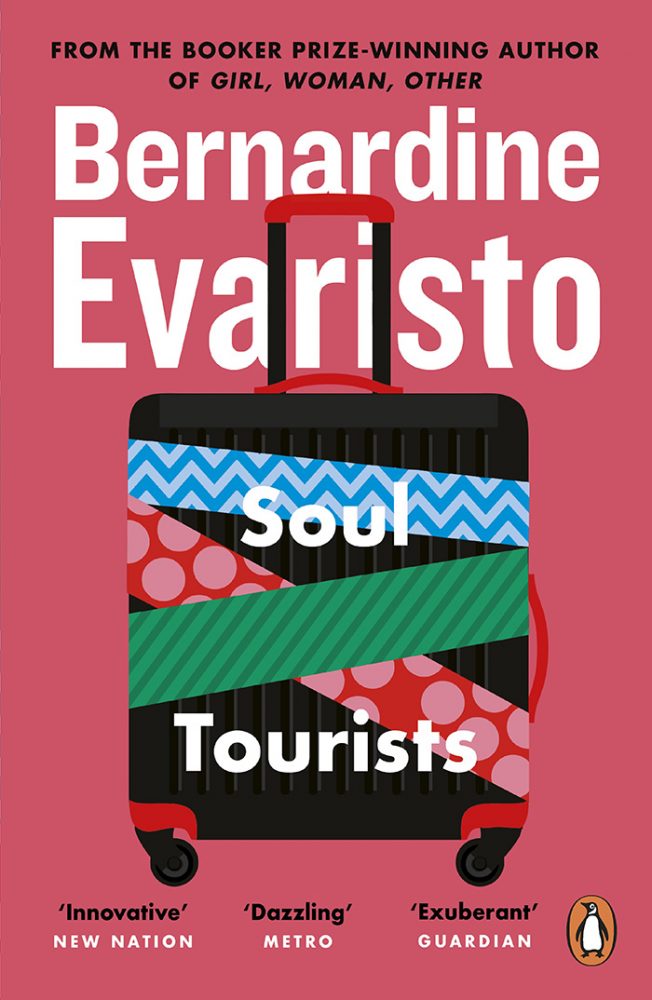Author Bernardine Evaristo: 'This is a history-making moment'
The Booker prize-winning author Bernardine Evaristo says she fears that publishers’ interest in black authors may be only a “trend or fashion” that could wane unless the business becomes more diverse.
Evaristo, who was the first black woman to win the literary prize for her novel Girl, Woman, Other in 2019, said that the Black Lives Matter movement and the murder of George Floyd in 2020 “really did shake the industry to the core” and had marked a turning point in previously “excluded” authors getting book deals.
She told an audience at the Hay festival: “This is a really good time for black writers to be published. Whether that will be the case in five or 10 years, we’ll have to see. What I’m interested in is for our literature to be embedded in the culture rather than being part of a trend or fashion.”
Evaristo considered it crucial that change should happen at the top: “You need to have [diversity among] the people making decisions in the publishing houses, and a wider range of writers, and writers of underrepresented communities, being published. That’s certainly happening at the moment and that’s a really positive thing.”
Evaristo said that the Booker had been a “powerful prize” to win because she “reached middle England [only] after that”, despite a 40-year writing career.
Advertisement
“People do sometimes define [Girl, Woman, Other] in terms of race but if you get beyond that you’ll see there are lots of other things. I think that probably makes it relatable in all kinds of ways to all kinds of readers, and because it had the Booker stamp of approval, people overcame their previous obstacles to reading my work and thought, I’ll give it a go.”
Evaristo told the festival audience that she had envisaged writing 1,000 black female characters in Girl, Woman, Other: “What I wanted to do was put as many black British women into a single novel as possible because I was fed up with the fact we weren’t really present in British literature and I knew for us to be present we had to write those stories ourselves,” she said. But she decided that a novel on that scale would be “impossible”, and instead started writing the book with 100 characters. When she found herself devoting 30 pages to each, she cut the final cast down to the 12 who appear in the book.
Speaking about her recent memoir, Manifesto: On Never Giving Up, Evaristo said: “Even though my origin story growing up in Woolwich in the 60s and 70s with a black father and a white mother placed obstacles before me, I wanted to explore how that made me – as opposed to how that stopped me being the person I have become.”
Thank you for joining us from France.
The end of the right to abortion in the United States will have devastating consequences around the world. A half century ago, the Supreme Court's landmark Roe v Wade decision inspired a new era of reproductive freedom in dozens of countries. The court's reversal will empower anti-abortion voices everywhere, threatening reproductive freedom and the right to control one’s destiny.
The Guardian views reproductive choice as a fundamental human right and will pursue this story even after it recedes from headlines, with a focus on the people most impacted by restrictions. But we need your help to do this work.
Unlike many others, the Guardian has no shareholders and no billionaire owner. Just the determination and passion to deliver high-impact global reporting, always free from commercial or political influence. Reporting like this is vital for democracy, for fairness and to demand better from the powerful.
And we provide all this for free, for everyone to read. We do this because we believe in information equality. Greater numbers of people can keep track of the events shaping our world, understand their impact on people and communities, and become inspired to take meaningful action. Millions can benefit from open access to quality, truthful news, regardless of their ability to pay for it.
Every contribution, however big or small, powers our journalism in tight economic times and sustains our future. Support the DPA from as little as €1 – it only takes a minute. If you can, please consider supporting us with a regular amount each month. Thank you.




















